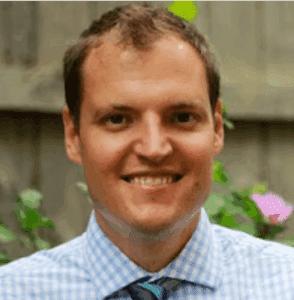TMU Libraries is hosting an Open Access Week talk “Who Owns Our Knowledge? A look at the draft, Revised Tri-Agency Open Access Policy on Publications.” This year’s speaker is Mark Swartz, the Visiting Program Officer of Open Science at the Canadian Association of Research Libraries (CARL).
International Open Access Week is a global event held annually in October to raise awareness of the benefits of Open Access in the academic community.
This year’s theme is “Who Owns Knowledge?” — which, in part, asks how academic communities can reassert control over the knowledge they produce.
On Tuesday, October 21, 2025, join Mark Swartz, visiting program officer for Open Science at the Canadian Association of Research Libraries (CARL) to learn more about the draft, Revised Tri-Agency Open Access Policy on Publications and possible solutions that CARL is discussing to help institutions manage the new requirements.
About Mark Swartz
Mark is a Visiting Program Officer for Open Science with the Canadian Association of Research Libraries (CARL). Mark Swartz is also the Scholarly Publishing Librarian at Queen’s University in Kingston, Ontario. In this role, he manages the university’s Open Access journal publishing program and institutional repository, while also overseeing grant programs that support book subventions and the creation of open educational resources. Mark’s research focuses on the evolving role of libraries in supporting open publishing and protecting user rights under the Copyright Act. His interests include open access, open data, OERs, the public domain, and privacy. Currently, he focuses on the surveillance systems underpinning commercial scholarly publishing and the implementation of secondary publishing rights in Canada.
ORCID: https://orcid.org/0000-0001-8142-1613
Faculty and graduate students are encouraged to join us and learn more about how open access can help academics find a wider audience for their research.
Register